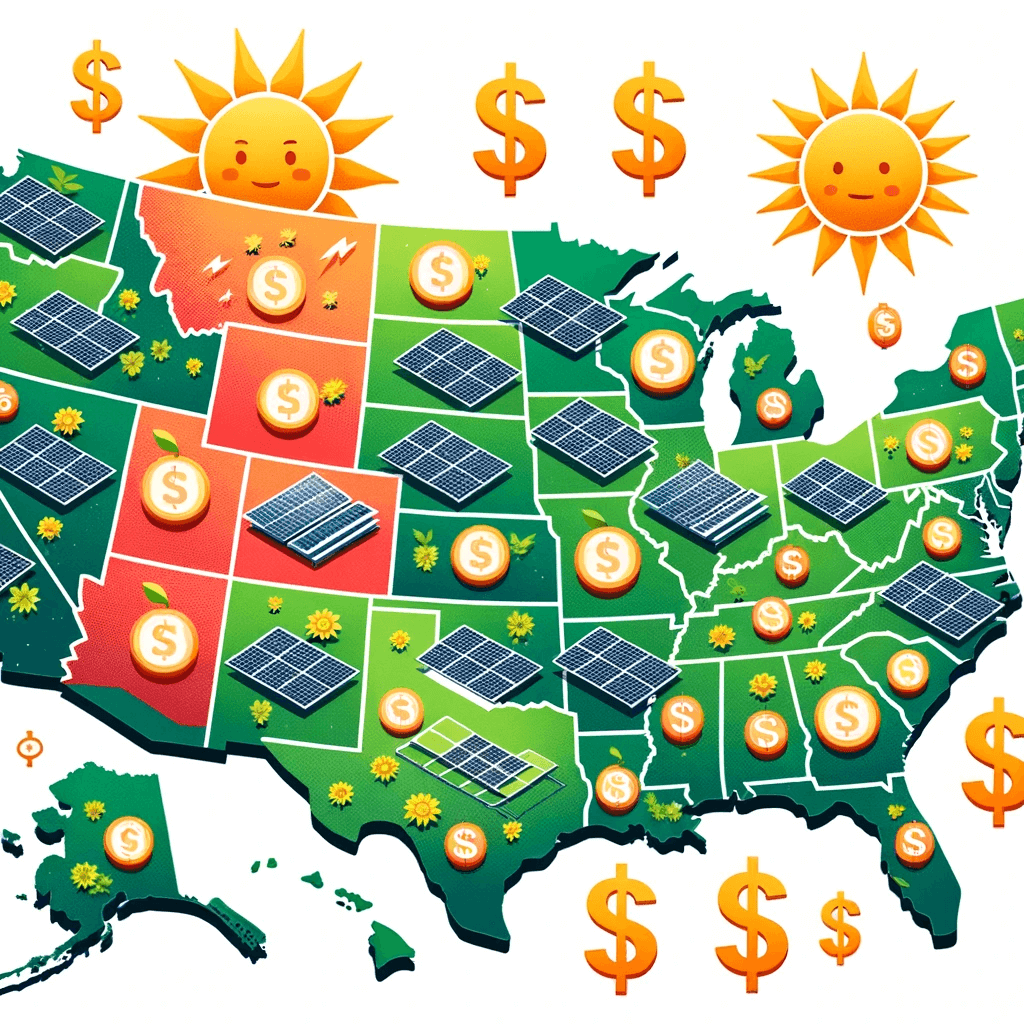How Home Solar Illuminates the Path to Grid Freedom
Introduction
Imagine a world where your home is a self-sufficient energy powerhouse, disconnected from the conventional power grid. This vision of grid independence is becoming increasingly achievable through the adoption of home solar systems. In this enlightening blog post, we delve into the concept of grid independence, explore the advantages it offers, and shed light on how home solar technology is shaping the future of energy distribution.
The Promise of Grid Independence
Grid independence, also known as self-sufficiency or off-grid living, refers to the state where a home generates its electricity through renewable sources like solar panels, freeing itself from dependence on external power providers. This concept opens doors to unprecedented energy autonomy and environmental benefits.
Embracing Energy Autonomy
Self-Reliance: Homeowners equipped with solar power systems become their energy providers, eliminating the need to rely solely on centralized power plants and utility companies.
Resilience: Grid outages and disruptions become less concerning when your home can generate its power. Solar panels combined with energy storage solutions ensure a continuous power supply even during emergencies.
Environmental Impact: By reducing reliance on fossil fuels and centralized power plants, grid-independent homes contribute significantly to environmental conservation and a lower carbon footprint.
The Role of Home Solar in Achieving Grid Independence
Solar Panels: Photovoltaic panels capture sunlight and convert it into electricity, offering a renewable and reliable energy source for residential use.
Energy Storage: Battery storage solutions enable homeowners to store excess solar energy for use during periods when the sun isn't shining, ensuring a consistent energy supply around the clock.
Smart Energy Management: Advanced energy management systems optimize energy consumption, distribution, and storage, ensuring efficient use of available resources.
Benefits and Challenges of Grid Independence
Benefits:
Energy Cost Stability: With energy generation and storage capabilities at home, homeowners are shielded from fluctuating energy prices and potential rate hikes.
Reduced Reliance on Fossil Fuels: Grid-independent homes contribute to reduced fossil fuel consumption, helping combat climate change and environmental degradation.
Energy Security: In case of grid failures or natural disasters, grid-independent homes can continue to operate without interruption, ensuring safety and comfort.
Challenges:
Initial Investment: The upfront costs of installing solar panels and energy storage systems can be significant, though they often offer long-term financial benefits.
System Sizing and Efficiency: Properly sizing the solar system and storage capacity is crucial to meet energy demands effectively throughout the year.
Technological Limitations: While advancements continue to improve solar efficiency and energy storage, grid-independent systems may still face limitations in extreme conditions or high-energy-demand scenarios.
The Future of Energy Distribution
The growing interest in grid independence reflects a broader shift towards decentralized energy systems. As technology evolves, we can expect further advancements in solar panel efficiency, energy storage capacity, and smart energy management. This evolution is reshaping the energy landscape, moving us towards a future where homeowners have greater control over their energy consumption and distribution.
Considering Grid Independence - Where to Begin:
Energy Audit: Assess your household energy needs and patterns to determine the appropriate solar system size and energy storage capacity.
Financial Planning: Research the costs and potential savings associated with grid independence. Explore available incentives, tax credits, and financing options.
System Design: Work with experienced solar professionals to design a system tailored to your energy consumption, location, and long-term goals.
Conclusion: Illuminating Freedom Through Home Solar
Embracing grid independence through home solar systems isn't just about generating electricity—it's about embracing a lifestyle of energy autonomy, environmental responsibility, and resilience. As technology advances and the benefits become more apparent, the journey toward grid freedom becomes an investment in a brighter, more sustainable future.
Disclaimer:
This blog post is intended for informational purposes only and does not constitute professional advice. Consult with experts before making decisions related to home solar installations and energy independence.
Sources:
U.S. Department of Energy. (2022). Solar Energy Technologies Office.
National Renewable Energy Laboratory. (2021). Distributed Energy Resources.
U.S. Energy Information Administration. (2022). Off-Grid Electricity Use in U.S. Homes.





